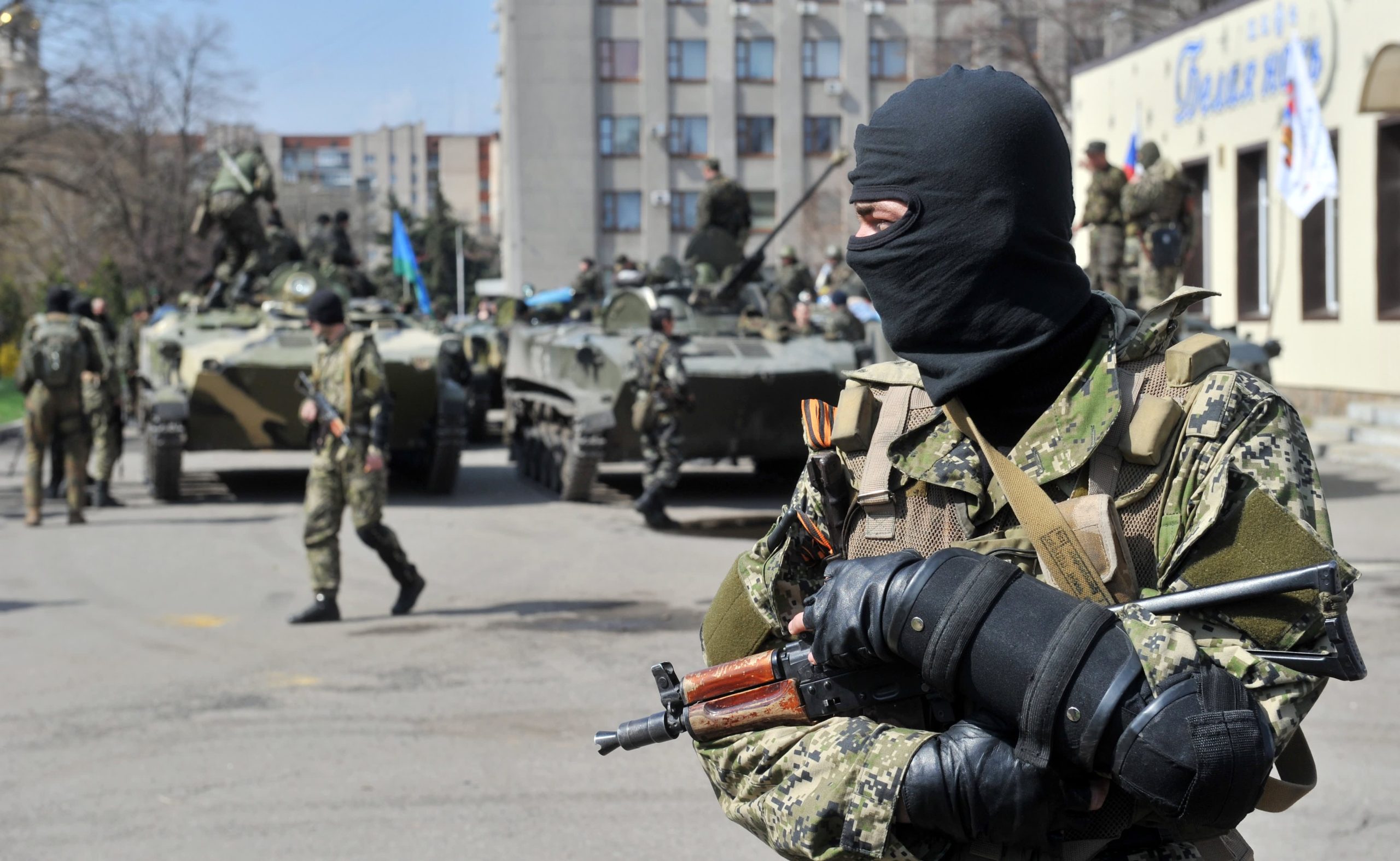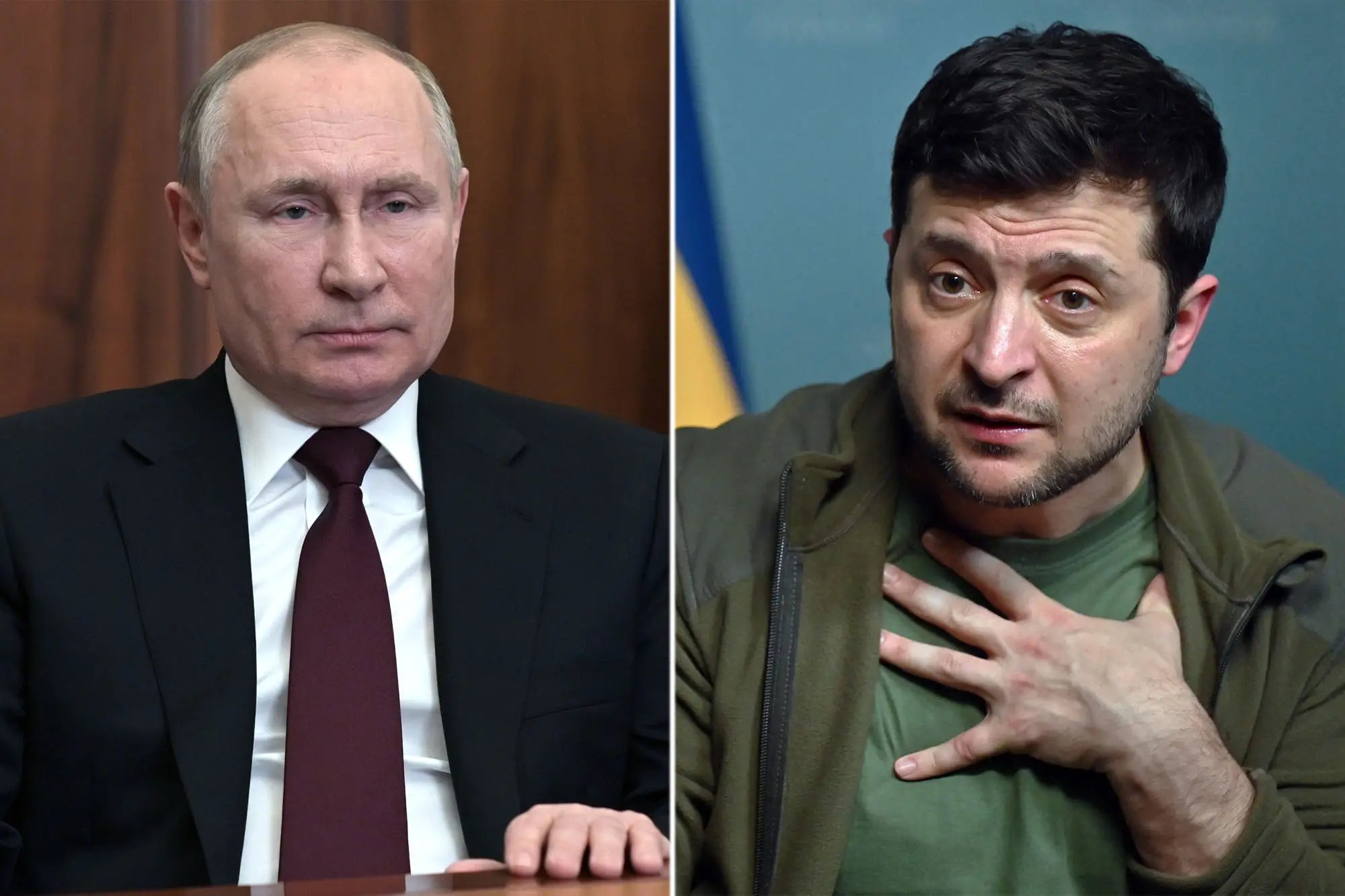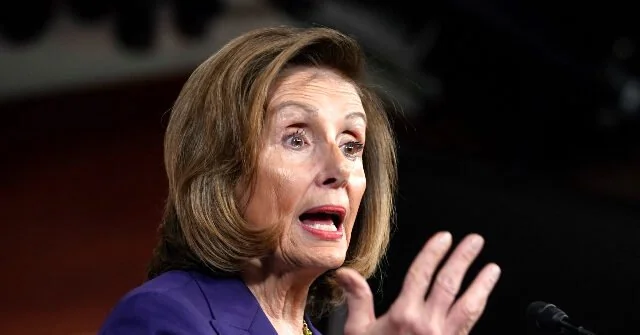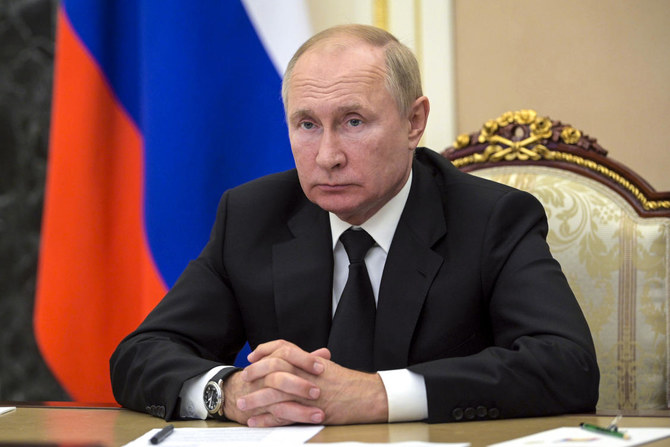This strategic region, pivotal due to its geographic location and abundant energy resources, has become a focal point for the United States, Russia, and China.
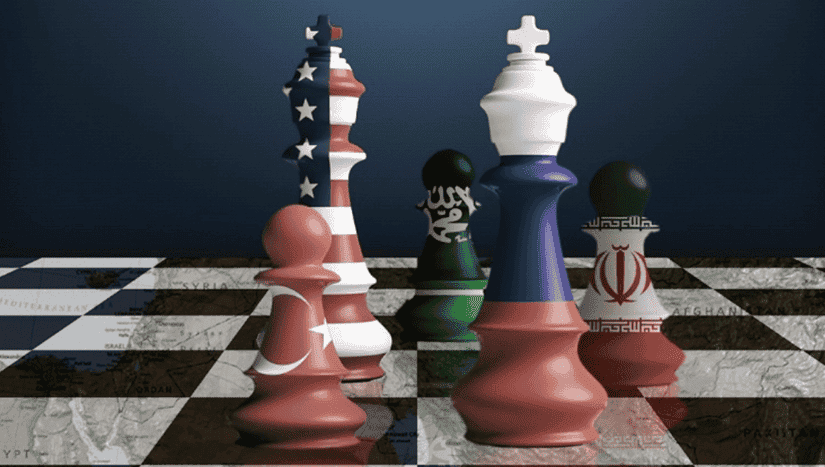
The Middle East and North Africa (MENA) find themselves at the heart of the global Great Power Competition
The MENA region, comprising 18 diverse nations, serves as a global crossroads connecting Europe, Africa, and Asia. Key maritime trade routes, including the Bab al-Mandab Strait, the Strait of Hormuz, and the Suez Canal, underscore its geopolitical significance. With 57 percent of the world’s proven oil reserves and 41 percent of natural gas resources, the region wields immense economic clout. Moreover, its youthful consumer base presents untapped market potential for the global Great Power Competition.
Navigating this dynamic landscape demands nuanced understanding, as governance models, religious demographics, and economic disparities vary widely. Historically, the United States held sway over MENA countries through energy cooperation, arms sales, and conflict mediation. However, missteps in the aftermath of 9/11 and geopolitical shifts paved the way for Russia and China to assert their influence.
Russia’s re-engagement in the region, notably aiding Syria during its civil war, rekindled old alliances and forged new partnerships. Meanwhile, China, leveraging its neutrality and institutionalized trade relationships, steadily expanded its presence. The ongoing conflict in Ukraine marked a turning point, prompting China to vie with the United States for regional sway.
Arms sales are pivotal instruments in this competition
While the U.S. dominates high-tech weaponry, Russia excels in cost-effective, lower-tech arms. China, positioning itself as an alternative supplier, challenges traditional U.S. dominance. With a shift in global Great Power Competition energy dynamics driven by the Ukraine conflict, the MENA region’s role in securing oil and gas supply chains grows more critical.
Furthermore, trade forms a linchpin of this contest. China, through its Belt and Road Initiative, has become a formidable trading partner in MENA for the Great Power Competition, surpassing the United States in 2020. The region’s pivotal role in global trade underscores its importance to both China and the U.S.
As the MENA region becomes an epicenter of Great Power Competition, the United States faces a critical juncture. Its ability to leverage arms sales, energy cooperation, and trade relations will determine its standing in this strategic battleground. By strategically utilizing these tools, the U.S. can safeguard its regional partnerships and fortify its influence amid shifting geopolitical dynamics.
READ ALSO: Sen. James Lankford Advocates Strong Ukraine Support Amidst GOP Divide

